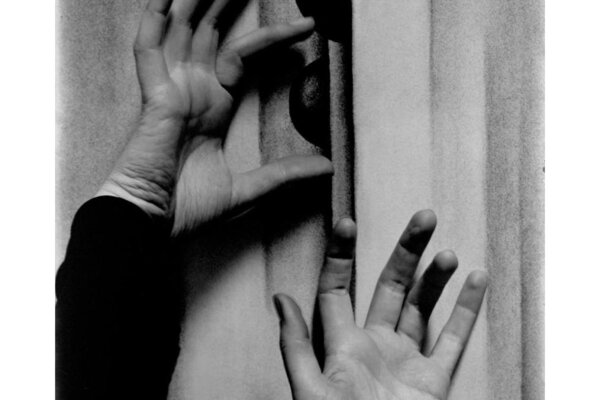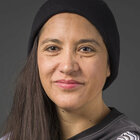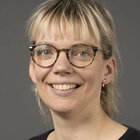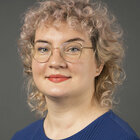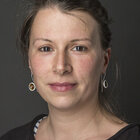If you decide to study with a child or become pregnant during your studies, you will have to deal with a wide range of questions and options in order to fulfil yourself and your family's requirements on the one hand and to be able to continue studying successfully on the other.
Reconciling studying, having a child and securing a livelihood requires a high degree of organisational skills, energy and flexibility.
This page is intended to serve as an initial guide for students with children. It should help you to quickly find the right contacts and addresses and give you an overview of help and support services as well as other information options.
We would like to encourage all student parents, especially the single parents among you, to face the challenge of studying and having children. It is important that students with children are aware of their situation, which differs from the life situation of other students, and that they make use of all possibilities in order to organise their everyday study life positively and successfully. The BURG Equal Opportunities Commission would like to support you in this endeavour.
Responsibilities at the BURG
For questions, initial assistance and basic information, please contact the Equal Opportunities Officer of your faculty, the Central Equal Opportunities Officer and her deputy.
You can also make use of the counselling services offered by the Student Secretariat/ Student information centre.
Play, breastfeeding and nappy-changing facilities at BURG
The space available at BURG is currently still limited. However, we are endeavouring to change this situation in the future. The following rooms are currently available:
- Design campus: Changing table in the toilets of the Burg library
- Art campus: Breastfeeding and nappy-changing room in the Dean's office
Part-time study
It is possible to switch to part-time study at the BURG. To do so, please first speak to the relevant degree programme coordinator or contact the Department of Student and Academic Affairs.
More information
Maternity protection law at the BURG
The new Maternity Protection Act came into force on 1 January 2018. Previously, female students were not included in the scope of this law. Since the beginning of 2018, you also enjoy special protection during pregnancy and breastfeeding. In addition to the entitlement to protection periods (6 weeks before and 8 weeks after giving birth), this also includes the possibility of compensation for disadvantages if examinations fall within this period.
In order to take advantage of this protection and the associated regulations, you must notify the university of your pregnancy or breastfeeding period (§15 MuSchuG). We cannot oblige you to do this. However, we recommend that you do so in order to inform you in good time about your special rights during pregnancy and breastfeeding and to protect you from any risks.
What is at stake?
Pregnant and breastfeeding students are entitled to preventative protection during their studies, which involves a responsible weighing of interests between the welfare of the child and the self-determination of the woman. The university has a responsibility to offer affected students an environment that enables them to continue their studies with as few restrictions as possible and to compensate for any disadvantages. At the same time, the university ensures that protection standards are adhered to, e.g. in the case of irresponsible risks.
Procedure
The first point of contact for students who would like information and advice on maternity protection in accordance with the new legal requirements and on studying with a child is the Student Advisory Service of the Department of Studies (link), in particular the Matriculation Office and the Examinations Office (Ms Stolte). Here you can also ask your first questions about the organisation of your studies during maternity leave, parental leave and with child(ren).
If you are a pregnant or breastfeeding student and wish to exercise your maternity protection rights, you must register with the Enrolment Office. A copy of the mother's passport or equivalent documents stating the date of birth is sufficient proof of pregnancy. If the child has already been born, the birth certificate is also valid. After registering your pregnancy and breastfeeding period, you are fully entitled to maternity protection rights. This includes compensation for disadvantages in the study programme and active protection against hazards in the workshops and studios.
If you are unsure about the best course of action, you can always contact the various equal opportunities representatives in advance.
Maternity Protection Act
Maternity Protection Act (MuSchuG)
Further information
Brochure from the Federal Ministry for Family Affairs, Senior Citizens, Women and Youth: Guide to maternity protection
Social loan from the Stura of BURG
The Stura has the possibility to support you with a social loan if necessary. The maximum loan amount is 700 euros and the loan must be repaid after 12 months at the latest. The first instalment of the loan must be repaid within three months of receiving the money.
Further information, contact details and the Dwonload form can be found here.
If you would prefer to speak to a non-male confidant, please send us or the Stura an e-mail and we will see how we can support you and, if necessary, refer you on.
BURG Kita (Daycare centre)
The BurgKita (daycare centre) has 15 crèche places for children aged 0-3 years and 35 kindergarten places for children aged 3-6 years. You can register for a place at any time using the contact details below.
Please note: It is only possible to register for a nursery place after the child has been born.
Further information and contact details can be found here.
Supplementary childcare services at BURG
We are currently working on a supplementary support programme for time-intensive study phases, which can support you outside the closing times of the regular facilities. News about this will be announced here.
The Studentenwerk in Halle offers students with children a comprehensive range of counselling and support services:
Help from the Studentenwerk
The Studentenwerk Halle offers students a graduation loan (maximum €735 per month, up to 12 months before the end of their studies), as well as book allowances (subsidy for books, maximum €50 per semester; financial aid for additional study-related needs). In addition to the aid mentioned below, a childcare allowance can be claimed in the case of BAföG.
Welcome money for newborn student children
The Studentenwerk Halle pays newborn children of students a welcome money of 100€. The prerequisite for this is that the student parent has paid the semester contribution. The application must be submitted within six months of the child's birth and must be accompanied by a copy of the birth certificate and a current enrolment certificate.
Free children's plate
The Studentenwerk offers a free children's plate in the canteens for the children of student parents. To apply, please complete the relevant application form and submit it together with a current certificate of enrolment and a copy of your birth certificate. Upon receipt of a child's plate card, the child can eat free of charge in any canteen of the Studentenwerk, provided that one of the child's parents is eating lunch.
Free meals for parents
For students in need, there is the possibility of a free lunch worth €1.90. The application should be made in person: in addition to the completed application, a certificate of enrolment, bank statements and, if applicable, the tenancy agreement and proof of academic progress are required.
Social counselling and information on job centre benefits
Here you will find answers to questions such as
- What financial support is available during pregnancy, when taking a leave of absence or after resuming your studies?
- When should you apply for a semester of leave?
- How is childcare organised?
- Which contact persons can advise me?
More info here.
Further information and support in Halle
Information page of the Martin Luther University
Here you will find numerous links and information on the subject of studying with a child/with caring responsibilities.
Information from the City of Halle
Parents' portal of the city of Halle
Family Service Centre in Halle
The service centre is responsible for services for families living in Halle. These family benefits include Educational support, federal parental allowance, support in finding a place in a daycare centre, maintenance advance, cost coverage for daycare centres and after-school care centres.
Office hours for family benefits: Tue, 1 - 6 pm, Thu, 8 - 12 am and 1 - 3 pm
Huckepack initiative - supervised working hours in Halle
Huckepack is an initiative by parents with the aim of combining childcare with their own working hours. Huckepack is open Mondays to Thursdays from 9.00 a.m. to 2.00 p.m.: parents can work on their homework, dissertation or anything else in the work area until 12.00 p.m. while their children are looked after in the next room. Afterwards they can eat together. Address: Premises of the Evangeliumsgemeinde Halle, Glauchaerstr. 77, 06110 Halle (Saale).
Information on recognised cases of hardship for students with child(ren)
If required, the job centre will pay standard benefits and accommodation costs (during leaves of absence), additional needs for pregnant women and single parents, social benefits for students' children and the granting of a loan in cases of particular hardship for graduation. More information here
Studying abroad with a child
Studying abroad with a child is a particular challenge. The DAAD provides an overview of studying abroad. It also provides information on financial support for a stay abroad during your studies.
Further information can be found on the website auslandsstudium-mit-kind.de. In addition to testimonials from other student parents, it also contains a wealth of information about studying abroad with a child.
Mawista Scholarship: Studying abroad with a child
The Mawista scholarship programme supports students abroad with children. Applications can be submitted until 15 January each year.
Selection of further contact and counselling options
Self-help site by students for students
On the website ‘http://www.studieren-mit-kind.org/’ you will find a wide range of information on all questions relating to starting a family, pregnancy and childcare during your studies. This includes information on parental allowance, student grants, parental leave, time and career planning and tips and tricks from other students with children.
Further support opportunities
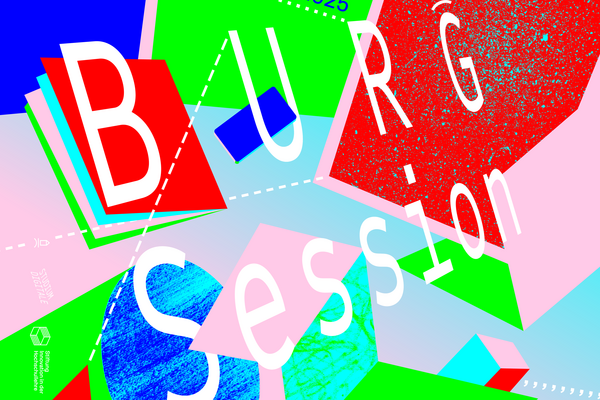


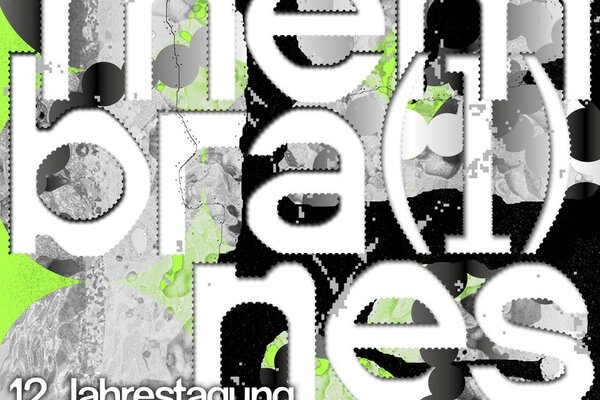
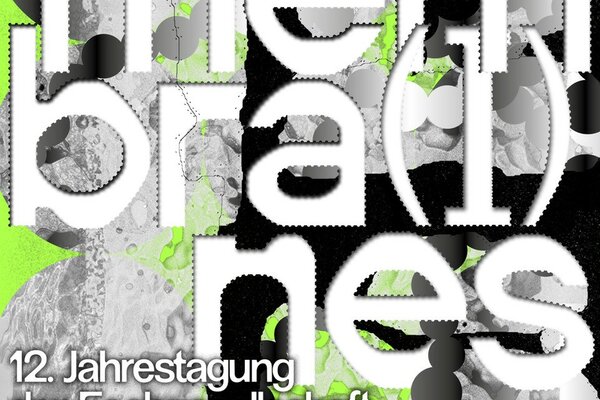
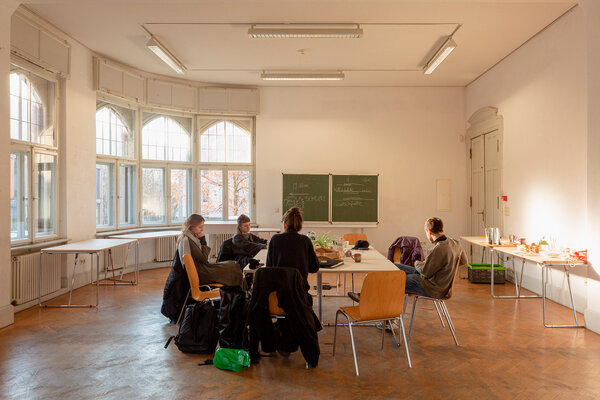
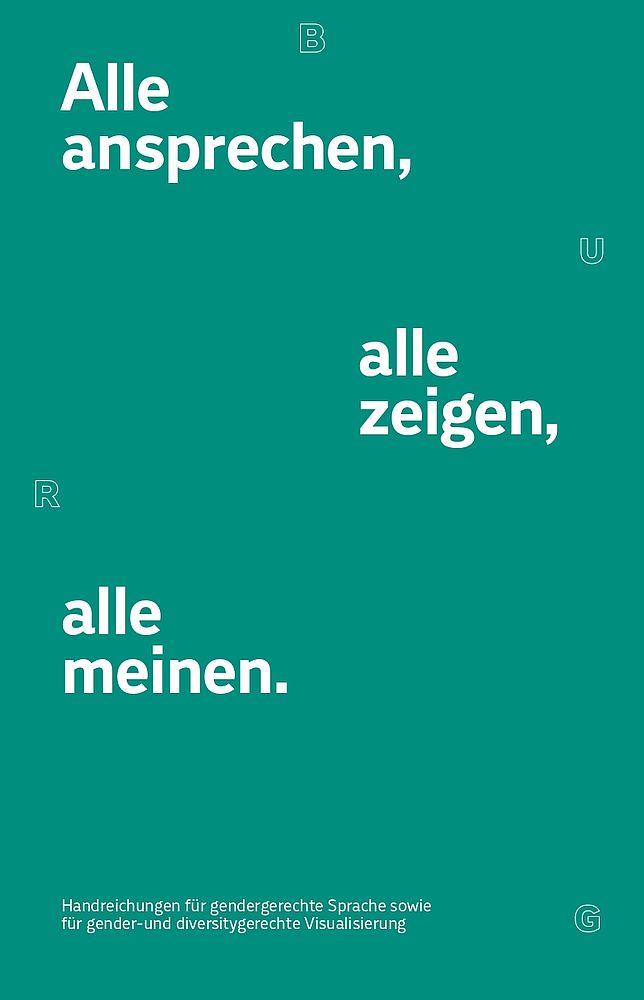
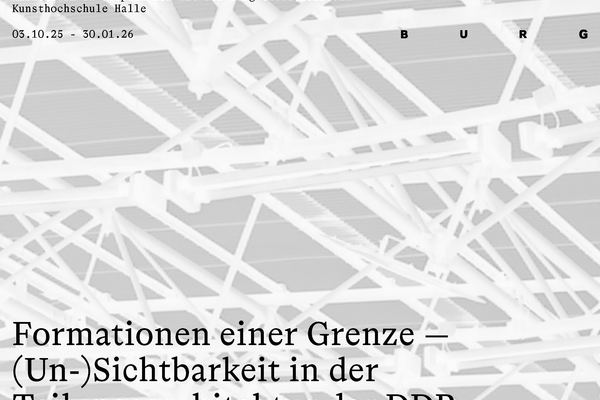
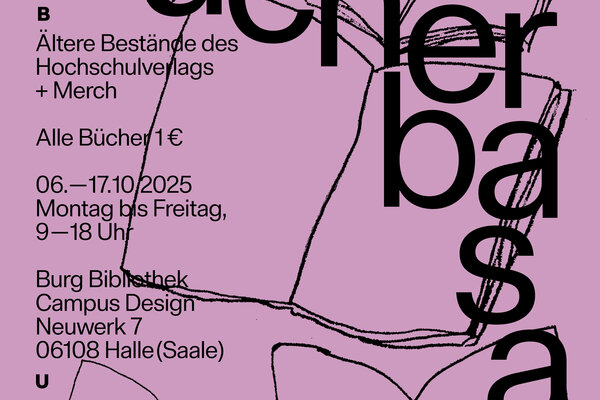
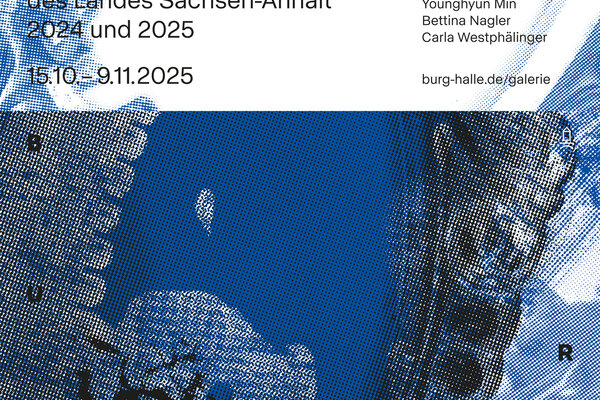
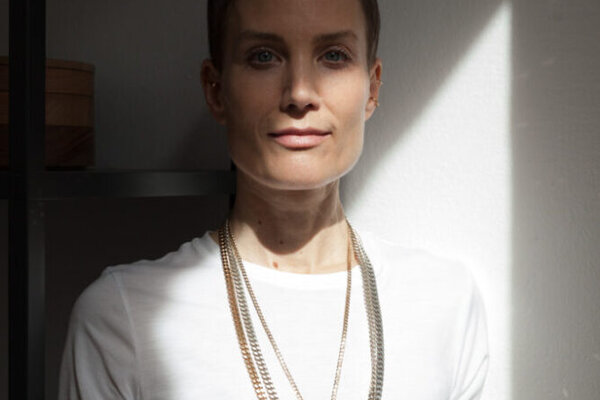
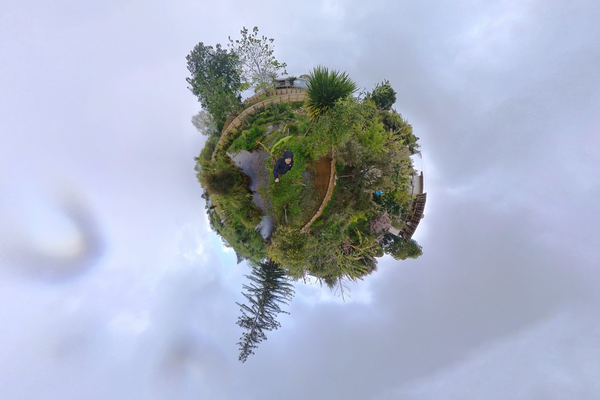
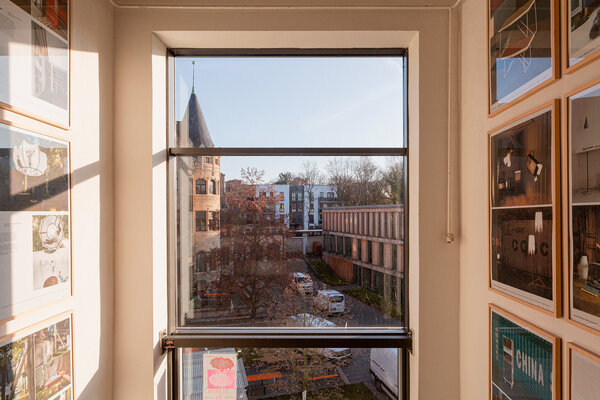
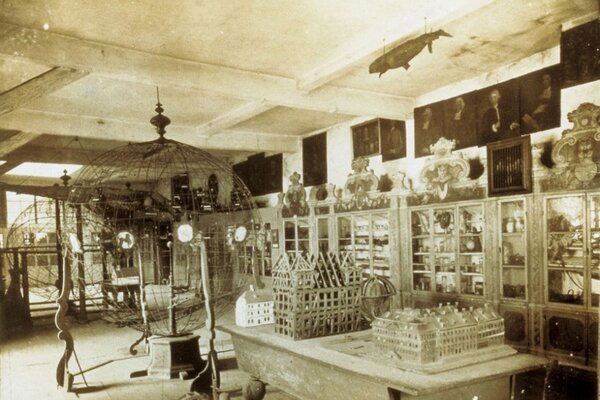
![Alfred Stieglitz, Georgia O’Keeffe – Hands, 1919. Gelatin silver print, 9 7/16 x 7 1/2 inches. Georgia O’Keeffe Museum, The Georgia O’Keeffe Foundation. [2003.1.4]](https://www.burg-halle.de/home/_processed_/c/3/csm_475209_06d2a9500d.jpg)
